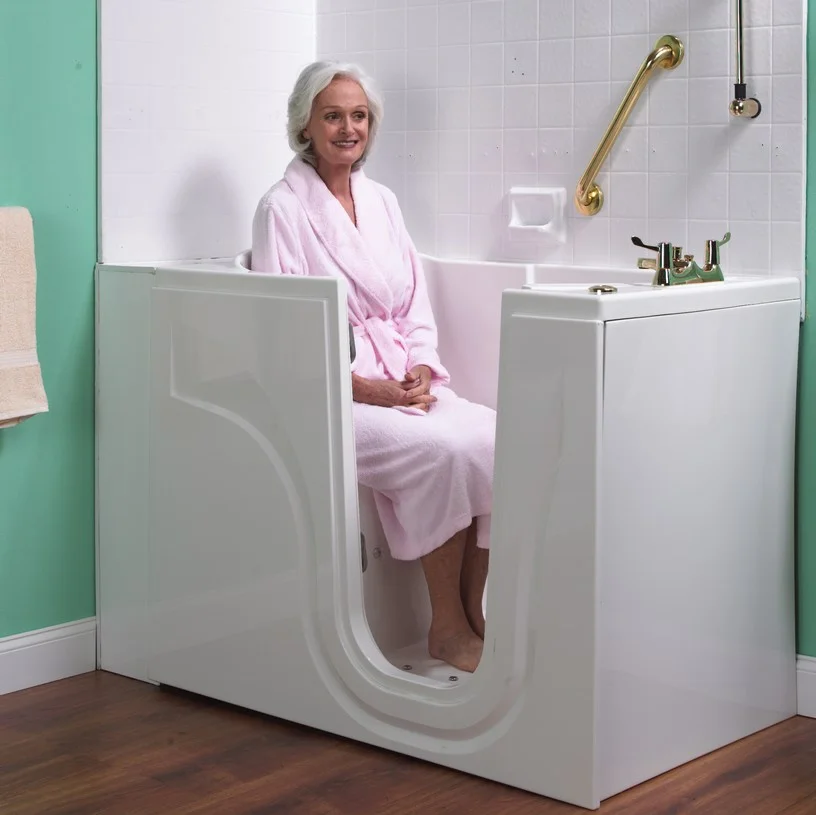
Offering more than just a guide – we provide a comprehensive platform committed to offering valuable resources, practical advice, and compassionate support for families navigating the journey of aging together. Our newsletter covers a wide range of topics, including elder health tips, caregiving strategies, medical assistance resources, and lifestyle advice, tailored to meet the diverse needs of every family member.
Convenience vs. privacy: the Facebook situation
Here are 4 tips to protect your data from being shared on Facebook.
Everyone’s favorite social media site is currently the subject of hot debate, and we’re here to keep you grounded amidst the madness. First, let’s talk about what happened. Back in 2014, a quiz made the rounds on Facebook. 270,000 users took the quiz, which harvested data not just about them, but also their friends. As a result, the quiz aggregated the private info of 50 million Facebook users. All that data was then allegedly sold to the Trump presidential campaign.
A Rough Day at Work
Work-related injuries and deaths may be more common than you think—particularly among men.
For many office workers, a bad day at work may involve unnecessary meetings, a flood of emails and hectic deadlines. However, for others—particularly those who work in some of the more dangerous industries such as construction, agriculture or manufacturing—a bad day on the job might include a workplace accident that can be debilitating or even fatal.
Talking to Children about Traumatic Events
School tragedies such and gun violence affect us all. Here are some helpful resources to help in dealing with the trauma.
Prescription Drug Disposal Box Program
The Lake County Sheriff's Office, Walgreens and several local police departments have prescription drug disposal boxes to take back your old, outdated or unused prescription drugs.
Find out what items are accepted and a disposal location near you.
5 Tips for Staying Safe in the Summer Heat
Summer heat can increase the risk for heat-related illness like heat exhaustion and heat stroke. Learn how to beat the heat and enjoy your summer safely.
Kenosha first among school districts to install gunfire detection system
Wisconsin schools, bracing for the next mass shooting, are turning to gunshot-detecting sensors that police across the country rely on, hoping the technology will lead to faster response times when there's an active shooter.
Safety and Security is our Priority
A recent news story reported an incident where an in home care provider was arrested and accused of stealing from elderly clients.
When Clutter Becomes Hoarding
The Mayo Clinic defines hoarding as "... the excessive collection of items, along with the inability to discard them" and states that "compulsive hoarding and compulsive hoarding syndrome, may be a symptom of obsessive-compulsive disorder (OCD)." We are not talking everyday household mess and clutter here, or collections of specific objects that may, in the opinion of other family members, be taking up too much space in the house. True hoarding can be a sign of mental and/or physical illness that manifests itself in the obsessive accumulation of things—items that can range from mounds of clothing, unopened shopping bags, stacks of newspapers, magazines and mail, to piles of trash and rotting garbage that are dangerous to the health of an individual or a family.
Post-holiday concerns about an aging loved one? Senior Care Reality Checklist can help.
Holidays bring families together to celebrate the season and enjoy sharing time together. They also offer opportunities for us to spend lengthier periods of time with aging parents and loved ones — sometimes long enough to observe changes in habits or lifestyle that give rise to concerns about their health or well-being, especially when they live on their own. The changes can seem slight or innocuous: a forgotten face, a mismatched outfit, a wrong turn on the way to the grocery store. Or, they can be more alarming:
Safety Tips for Drivers as School Reopens
As the new school year has begun, it is time to adapt to a new driving routine. With school buses and school zones, the morning commute will take longer and drivers will need to take extra caution with school children crossing and standing by the road. Thanks to their construction, school buses are the safest form of transportation in the US and, once children have boarded the school bus, their chances of surviving a collision are 8 times greater than in a passenger vehicle. The danger for school children lies in the period before boarding and after exiting the school bus.
Home Safety Modifications for Seniors
Home modification is a fairly new concept that has come along with the incarnation of seniors choosing to stay living in their homes in place of moving to assisted living facilities and nursing homes. Due to limitations that naturally occur as we age changes need to be made in order for needs to be met and safety kept at a premium.
3 "Bright" Safety Tips for the Holidays
'Tis the season to be jolly - and it's also the season of lights and electricity. Tree lights, exterior house and yard lights, and candle lights. It's a very busy time of year when people get caught up in the excitement and can use a few helpful safety reminders.















